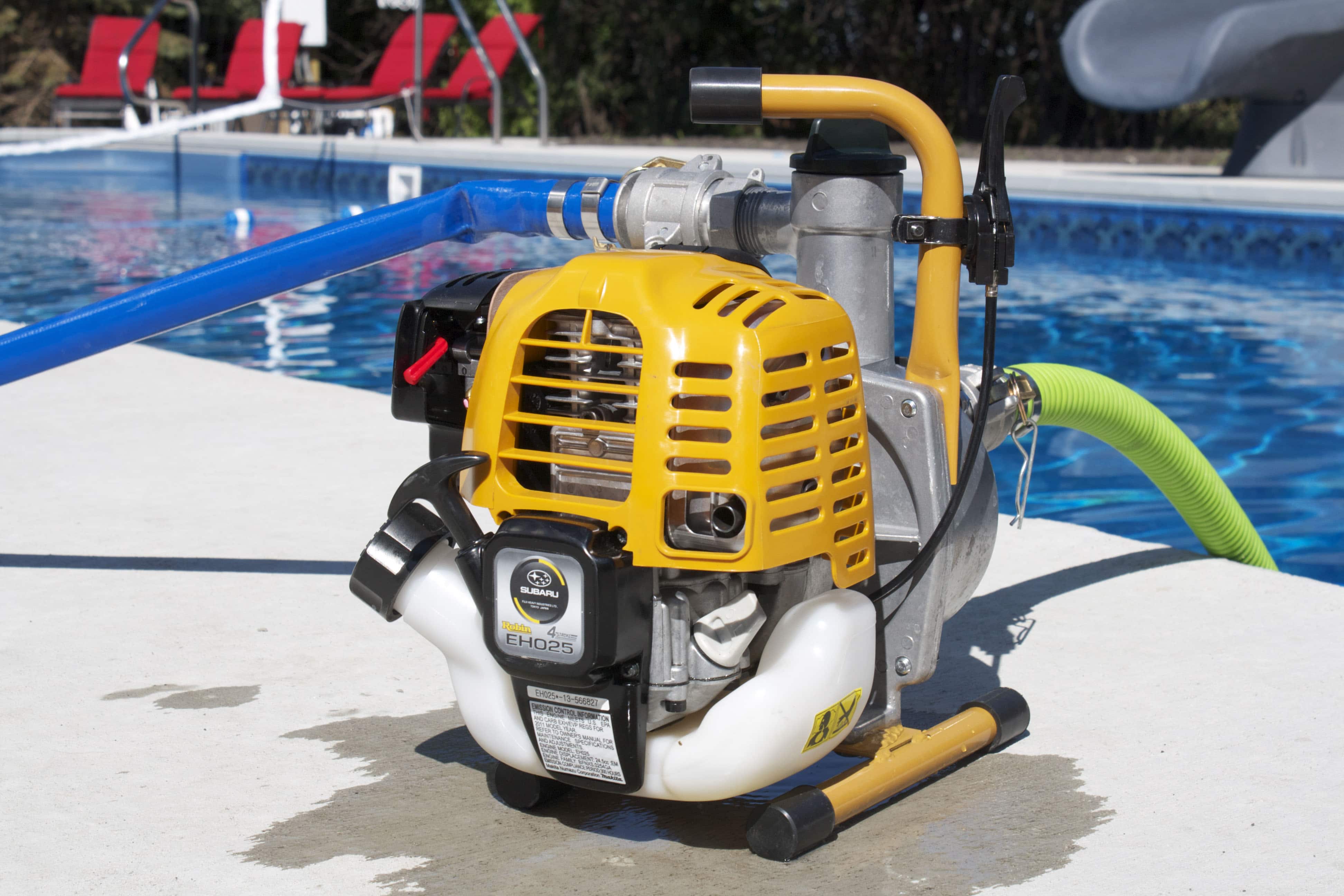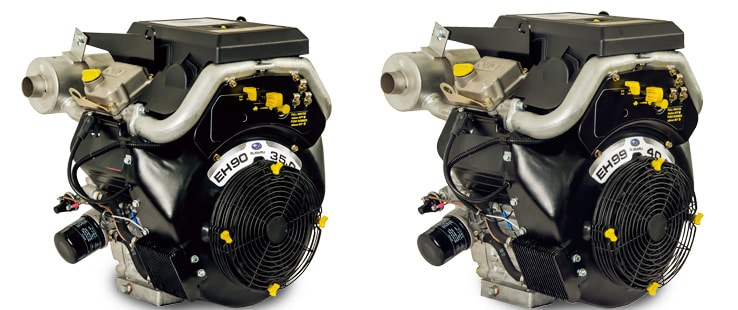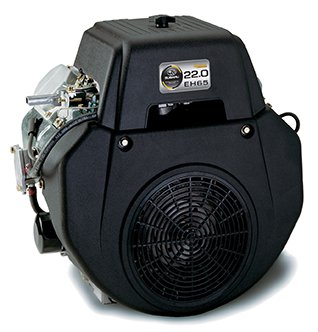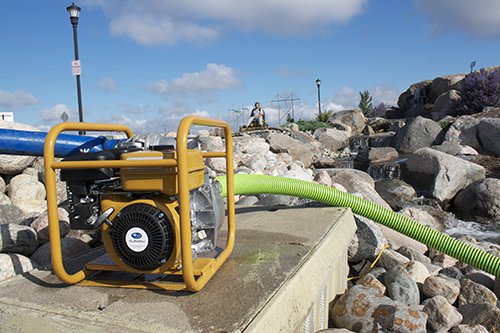Though they’re built to last, all engines have a lifespan and eventually need to be replaced. And, even though you might just be replacing a small engine for your lawnmower, it’s no small task. You need to make sure it not only fits inside of your equipment, but that it provides adequate horsepower and torque. So, if you’re on the market for a small engine, there are a few crucial elements you need to consider before making a purchase.
First, you need to make sure the engine fits on your equipment. If the engine isn’t properly mounted and fitted to the frame, there’s potential for damage to both the engine and equipment. If the engine is loose and wobbly, the mechanisms inside can bounce around and cause breakdowns. It also may lessen the power output and slow down operations, costing you time and money. Last but not least, the engine could wiggle free and detach from the machine.
Next, make sure the engine meets the horsepower requirements for the machine. Depending on the make and model of your equipment, horsepower requirements may vary. Take note of how much horsepower your specific machine needs before heading to the store or online. If your engine isn’t powerful enough, equipment won’t work at full capacity, or it might not run at all.
Finally, you want to make sure the engine produces enough torque. People often think torque and horsepower are the same thing and overlook this crucial aspect. But, horsepower is what powers the overall machine, while torque is what spins the blades on a lawnmower or tiller. The more torque there is, the faster they spin. The faster they spin, the better it operates – to a point, of course.
If you don’t know your machine’s engine specifications when making your next purchase, you might get stuck with an engine that’s good for nothing more than sitting in a box in your garage. Be sure to consult the owner’s manual or contact your equipment dealer if you have any questions or concerns.
Figured out what size of engine you need and want to make sure it lasts? Here’s what to look for to get the best total cost of ownership over the lifetime of your engine.




